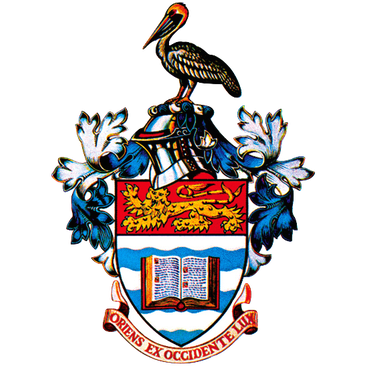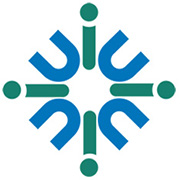One of the most attractive characteristics of this four-year programme is its flexibility.
In Years 1 and 2 your pre-honours years you will choose option courses from a wide range of disciplines in addition to your core subjects of Scottish Ethnology and Archaeology. You can for example take one or more languages or explore other world cultures.
As well as broadening your education and skill set this flexibility may enable you to change the focus of your programme in Years 3 and 4 your honours years.
Year 1
Scottish Ethnology
In Scottish Ethnology you will study Scottish cultural history heritage cultural expression and representation.
Courses also look at literature music and visual arts and how these are linked to Scottish identity.
Archaeology
You will study Archaeology 1A and Archaeology 1B.
These courses offer a broad introduction to our human past identifying crucial events in human history and pre-history from the evolution of the first humans several million years ago to the emergence of farming and the development of civilisations in Europe Egypt and the Near East.
Archaeology 1A and Archaeology 1B also cover the key techniques that archaeologists use. These range from methods of site discovery excavation and recording and analysing artefacts to more recent and innovative approaches to reconstruct the lifeways of past peoples including the scientific analysis of animal and human remains.
Option courses
You will choose one or more option courses from a wide range offered by the University of Edinburgh.
You can for example opt to study a language such as Scottish Gaelic. We offer one of the widest range of languages of any UK university - the majority are suitable for complete beginners and include cultural study.
Other options include but are not limited to courses in:
linguistics and language sciences
Celtic civilisation
business economics and informatics
politics social policy and social anthropology
art and architectural history
history classics and archaeology
philosophy divinity and law
Fieldwork
Over the long vacation at the end of Year 1 you will be required to undertake three weeks of archaeological fieldwork.
Year 2
Scottish Ethnology
You will study oral and visual representations of Scotland through music song art photography and film.
You will also study the social cultural and topographical features of Scotland and their influence upon each other over time.
Archaeology
You will study the archaeology of Scotland from the earliest evidence of human occupation at the end of the last ice age to the Roman invasion in the early 1st millennium AD.
A field trip to visit archaeological sites and visits to the National Museum of Scotland are core components of this course.
You will also study Archaeology in Action which:
develops your understanding of professional archaeological practice
explores exciting innovations in archaeological methods through real-world applications and hands-on practical exercises
Option courses
As in Year 1 you will have a choice from a wide range of option courses.
Year 3
Scottish Ethnology
You will choose from a range of specialist honours-level options likely to include:
Ethnological Fieldwork Methods
Traditional Narrative
Traditional Song and Music
Scotland and Heritage
Traditional Drama
Custom Belief and Community
The Supernatural World
Archaeology
You will study Theoretical Archaeology which explores the history of archaeology from its antiquarian beginnings in the 18th and 19th centuries and its development as an academic discipline.
You will consider the theories that archaeologists have used to understand and interpret the remains that they have found and examine how these ideas have changed over the past 150 years.
You will also study Archaeology in Practice which focuses on the contemporary practice of archaeology in the UK as well as internationally. You will learn the practical skills required of professional archaeologists.
You will choose one additional course from Archaeology options.
Year 4
In Year 4 you will choose further specialist courses and undertake your dissertation.
Show less













